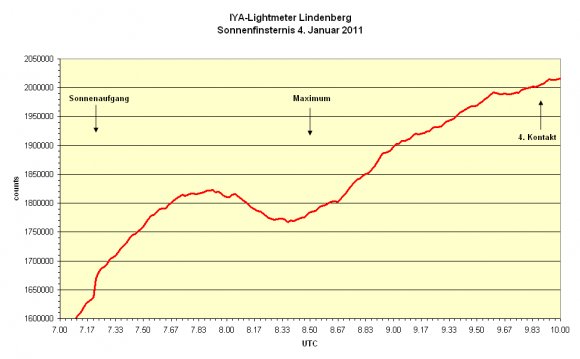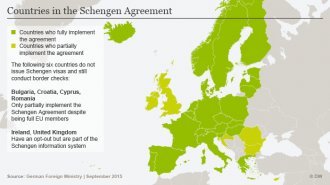
 Emergency talks
Emergency talks
Berlin has become increasingly frustrated with the reluctance of many within the 28-nation European Union - especially those in the former Eastern bloc - to share the burden of hosting refugees.
Germany is a preferred destination for many people fleeing Syria's civil war and other troubled nations in the migration crisis. A spokeswoman for the southern state of Bavaria told local media more than 19, 000 refugees had arrived by rail in Munich over the weekend.
Germany's interior ministry has not specified how long the border controls would remain in place or how exactly incoming migrants would be handled, saying only that Germany will continue to observe national and European rules on protecting refugees.
 United Nations human rights chief Zeid Raad al-Hussein on Monday urged Europe to implement "expanded channels of regular migration and resettlement" to curb people smugglers and prevent migrant deaths.
United Nations human rights chief Zeid Raad al-Hussein on Monday urged Europe to implement "expanded channels of regular migration and resettlement" to curb people smugglers and prevent migrant deaths.
'Hungary a place of humiliation'
Meanwhile in Hungary, refugees continue to stream in from Serbia in an attempt to make it into the EU before the border fence is completed and Hungarian soldiers seal the border on Tuesday.
Hungarian police said nearly 6, 000 migrants entered the country in a record surge on Sunday ahead of harsh new immigration laws due to come into force this week. The Hungarian parliament has empowered courts to imprison anyone convicted of illegally crossing the border. And the Hungarian army engineers spent Sunday expanding the country's planned 174-kilometer (109-mile) border fence with Serbia and crowning it with coils of razor wire.
Refugees who are barred from crossing face a mammoth detour around Hungary to Croatia or Romania.
"Hungary has become a place of humiliation and suffering for these asylum seekers, " Peter Bouckaert of Human Rights Watch told AFP. "They have come from war zones. They're not just going to turn around because there's a fence, and we can't build fences all around Europe."
RELATED VIDEO












